Home>Interior Design>What Not To Clean With Vinegar: 10 Items It Can Harm
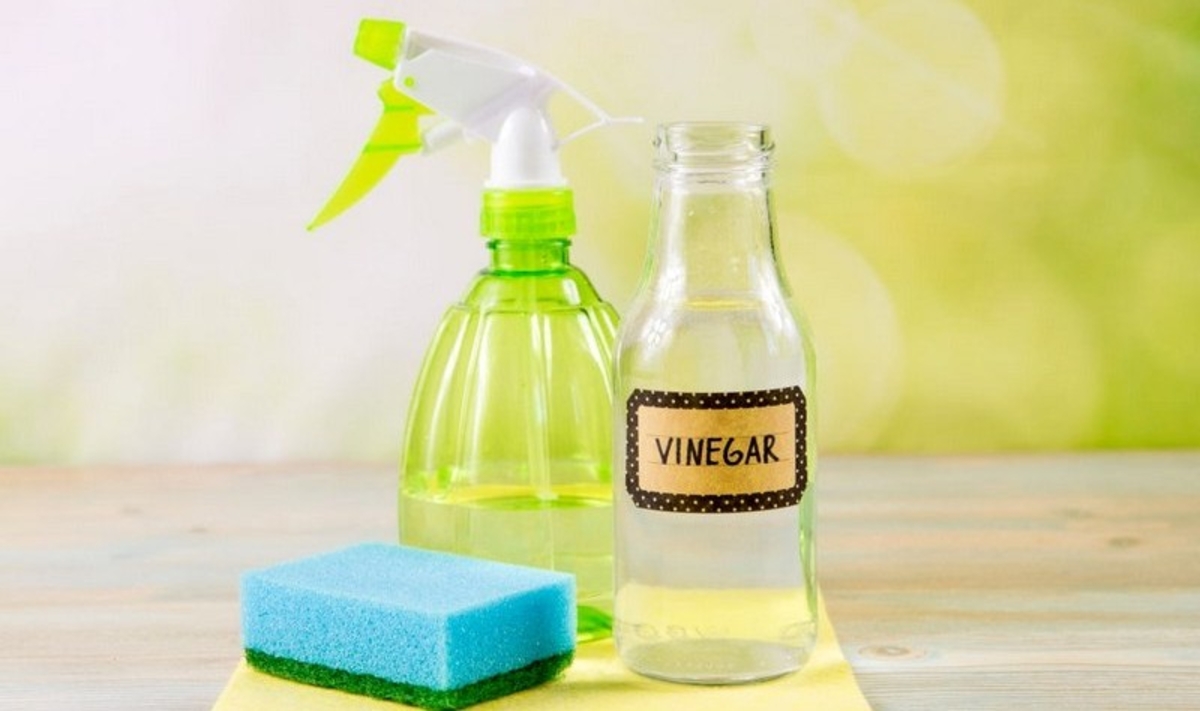

Interior Design
What Not To Clean With Vinegar: 10 Items It Can Harm
Modified: January 19, 2024
Avoid using vinegar to clean certain items in your interior design. Learn about 10 common items that vinegar can harm to protect your precious belongings.
(Many of the links in this article redirect to a specific reviewed product. Your purchase of these products through affiliate links helps to generate commission for Storables.com, at no extra cost. Learn more)
Introduction:
When it comes to cleaning, vinegar is often hailed as a versatile and natural solution that can tackle a wide range of household tasks. With its acidic properties, vinegar is known for its ability to remove dirt, grime, and even certain stains. However, it’s important to note that vinegar is not a universal cleaning agent. In fact, there are certain items and surfaces that should never be cleaned with vinegar.
In this article, we will explore 10 items that vinegar can harm and why it is best to avoid using vinegar on them. From stone countertops to hardwood floors, cast iron cookware to electronics, we’ll provide you with valuable insights to protect your possessions from potential damage.
Although vinegar is a natural and environmentally-friendly cleaner, it’s essential to understand its limitations. By knowing what not to clean with vinegar, you can ensure the longevity and beauty of your belongings, and avoid costly repairs or replacements.
So, without further ado, let’s dive into the world of interior cleaning and discover the items that vinegar should never come into contact with.
Key Takeaways:
- Protect your stone countertops, hardwood floors, and delicate surfaces by avoiding vinegar. Opt for pH-neutral cleaners and specialized products to maintain their beauty and longevity.
- Keep your electronics, appliances, and clothing stain-free by steering clear of vinegar. Use manufacturer-approved solutions and enzyme-based cleaners for effective and safe cleaning.
Stone Countertops:
Stone countertops, such as granite, marble, and quartz, are a popular choice for kitchens and bathrooms due to their beauty and durability. However, they require specific care to maintain their luster and prevent damage. While vinegar is often used as a natural cleaner, it can cause harm to these surfaces.
The main issue with vinegar on stone countertops is its acidic nature. The acidity can erode the protective sealant on the surface, leaving it vulnerable to stains and etching. Additionally, vinegar can react with the minerals in the stone, causing discoloration and dulling of the natural shine.
Instead of vinegar, it’s best to clean stone countertops with a mild, pH-neutral cleaner specifically designed for stone surfaces. You can find these cleaners at most home improvement stores or consult with a professional for the best cleaning products for your specific stone type.
To maintain the beauty of your stone countertops, it’s also important to wipe up spills promptly, use cutting boards and heat-resistant mats, and avoid using abrasive cleaners or scrub brushes that can scratch the surface.
By taking the necessary precautions and using the appropriate cleaning products, you can keep your stone countertops looking pristine and extend their lifespan.
Hardwood Floors:
Hardwood floors are a timeless and beautiful choice for any home. They add warmth and elegance to a space, but they also require special care to maintain their appearance and longevity. While vinegar may seem like a natural solution for cleaning hardwood floors, it should be avoided.
The primary reason to avoid vinegar on hardwood floors is that it’s an acidic substance. Excessive use of vinegar can strip away the protective finish of the wood, leaving it susceptible to scratches, stains, and discoloration. Vinegar can also cause the wood to swell or warp if it seeps into the cracks between the planks.
Instead of vinegar, it’s recommended to clean hardwood floors with a pH-neutral cleaner, specifically formulated for wood surfaces. These cleaners are gentle enough to remove dirt and grime without damaging the protective finish. Additionally, using a microfiber mop or cloth is ideal for preventing scratches on the floor’s surface.
Regular maintenance is crucial to preserve the beauty of hardwood floors. Sweeping or vacuuming regularly to remove dirt and debris will prevent scratches. It’s also important to use protective pads under furniture legs and avoid walking on the floor with high heels or shoes that may cause damage.
By following these precautions and using the right cleaning products, you can keep your hardwood floors looking stunning for years to come.
Iron and Steel:
Iron and steel items are commonly found in households, ranging from cookware to appliances and decorative pieces. While vinegar can be effective in removing stains and rust from certain metals, it is important to exercise caution when cleaning iron and steel.
The problem with vinegar on iron and steel is that it is an acid-based cleaner. This means that prolonged exposure to vinegar can cause corrosion and damage to these metals. The acidic nature of vinegar can strip away the protective coating on iron or steel, leaving it vulnerable to rust and further degradation.
If you have iron or steel cookware, it is best to follow the manufacturer’s cleaning instructions. Typically, they recommend using mild dish soap and warm water to clean these items. For appliances or decorative pieces made of iron or steel, a gentle metal cleaner or a specialized cleaning product is a safer option to maintain their shine.
To prevent rust, it is important to dry iron and steel items thoroughly after cleaning. Store them in a cool, dry place to minimize exposure to moisture. Applying a thin coat of oil can also provide additional protection against rust and corrosion.
By avoiding vinegar and using appropriate cleaning methods, you can prolong the life of your iron and steel items and keep them looking their best.
Egg Stains:
Eggs can be a tricky substance to clean, especially when they dry and harden onto surfaces. While vinegar is often used as a stain remover, it is not recommended for cleaning egg stains.
The reason vinegar should be avoided is that it can actually make the situation worse. When vinegar comes into contact with eggs, it can cause the proteins in the egg to coagulate and form a rubbery residue. This can make it even more difficult to remove the egg stain from the surface.
Instead of using vinegar, it’s best to start by gently scraping off as much of the dried egg as possible with a plastic spatula or a dull knife. Then, you can use a mild detergent or dish soap mixed with warm water to gently scrub the area. Rinse thoroughly and pat dry with a clean cloth or paper towel.
If the egg stain persists, you can try using a commercial enzyme-based cleaner specifically designed for protein-based stains. These cleaners contain enzymes that break down the proteins in the egg, making it easier to remove.
It’s important to act quickly when dealing with egg stains to prevent them from drying and becoming more stubborn. Prompt cleaning and the right approach will help prevent damage to the surface and ensure a successful removal of the egg stain.
Read more: Can Apple Seeds Be Harmful To Your Health?
Electronics and Appliances:
Electronic devices and appliances are essential components of modern households. When it comes to cleaning these items, it’s crucial to use the right products and methods to avoid causing damage. Vinegar should be avoided when cleaning electronics and appliances.
One of the primary reasons to avoid vinegar is its potential to corrode or damage sensitive electronic components. The acidic nature of vinegar can eat away at the protective coatings on circuit boards, connectors, and other delicate parts. This can lead to malfunctions or even render the device inoperable.
Instead of vinegar, it’s best to use manufacturer-approved cleaning solutions or wipes specifically designed for electronics. These products are formulated to safely remove dust, fingerprints, and smudges without causing any harm.
When cleaning appliances, such as stainless steel refrigerators or ovens, vinegar can leave behind streaks or damage the finish. It’s recommended to use mild soap and water or a stainless steel cleaner to maintain the appearance and shine of these surfaces.
Remember to always follow the manufacturer’s cleaning instructions for your specific electronic devices and appliances. They often provide helpful guidelines to ensure you clean them properly and maintain their functionality and longevity.
By using the appropriate cleaning products and methods, you can keep your electronics and appliances clean and in good working condition.
Do not clean marble, granite, or other natural stone surfaces with vinegar as it can cause etching and damage to the stone. Instead, use a pH-neutral cleaner specifically designed for these surfaces.
Marble and Granite:
Marble and granite are luxurious and elegant materials commonly used for countertops, flooring, and other decorative purposes. While vinegar is a popular natural cleaner, it should not be used on marble and granite surfaces.
Vinegar’s acidic nature can react with the calcium carbonate in marble and the alkaline minerals in granite, resulting in etching or dulling of the polished surface. The acid in vinegar can strip away the protective sealant on these stones, making them more susceptible to stains, scratches, and damage.
Instead of vinegar, it’s recommended to clean marble and granite surfaces with a pH-neutral cleaner specifically formulated for natural stone. These cleaners are designed to effectively remove dirt and grime without causing any harm to the delicate surface.
In addition to using the right cleaner, it’s also important to regularly seal marble and granite to protect them from stains and etching. Consult with a professional or follow the manufacturer’s guidelines to determine the appropriate sealing schedule for your specific stone type.
When cleaning marble and granite, it’s best to avoid using abrasive materials or harsh scrub brushes that can scratch the surface. Instead, use a soft cloth or mop to gently clean and dry the surface.
By taking the necessary precautions and using the appropriate cleaning products, you can preserve the beauty of your marble and granite surfaces for years to come.
Cast Iron Cookware:
Cast iron cookware is cherished for its excellent heat retention and ability to evenly distribute heat, making it a favorite among professional chefs and home cooks. However, cleaning and maintaining cast iron requires special care, and vinegar is not recommended for this task.
The acidic nature of vinegar can strip away the seasoning or the protective layer of oil that is built upon the surface of cast iron cookware. This seasoning helps prevent rust and provides a naturally non-stick surface. Using vinegar on cast iron can remove this protective layer and expose the bare iron, which could lead to rusting.
Instead of vinegar, it’s best to clean cast iron using a gentle scrub brush or sponge and hot water. If there are stubborn food particles or stuck-on residue, you can use a small amount of mild soap. However, it’s important to avoid harsh detergents or abrasive cleaners that can damage the seasoning.
After cleaning, make sure to thoroughly dry the cast iron cookware to prevent moisture from causing rust. You can either place it on a stovetop burner on low heat or dry it using a cloth or paper towel. Once dry, applying a thin layer of cooking oil or seasoning with a dab of melted shortening will help maintain the protective coating.
When it comes to cast iron, regular use and proper maintenance are key to its longevity and performance. By avoiding vinegar and following these care instructions, you can enjoy the benefits of your cast iron cookware for years to come.
Waxed Furniture:
Waxed furniture has a beautiful, natural sheen and is often cherished for its rustic charm. When it comes to cleaning and maintaining waxed furniture, caution must be exercised as vinegar can negatively impact the wax finish.
Vinegar is acidic, and when used on waxed furniture, it can strip away the protective wax layer that provides shine and durability. This can cause the wood to become dull, dry, and more susceptible to scratches, stains, and damage.
Instead of vinegar, it’s recommended to clean waxed furniture using a soft cloth or dusting brush to remove surface dust and dirt. For more stubborn stains, a mild soap mixed with water can be used, followed by a thorough drying with a clean cloth.
To maintain the waxed finish, it’s important to replenish the wax periodically. This can be done by applying a thin layer of wax designed specifically for use on furniture. Follow the manufacturer’s instructions for the best results, and be sure to buff the waxed surface gently to restore its shine.
Avoid using abrasive cleaners, strong solvents, or rough brushes that can scratch or damage the waxed finish. Handle waxed furniture with care to prevent any accidental spills or scratches that may compromise its appearance.
By using appropriate cleaning methods and maintaining the waxed finish, you can keep your furniture looking beautiful and protect it for years to come.
Read more: How To Clean A Mattress With Vinegar
Clothing Stains:
Vinegar is often recommended as a natural stain remover for various types of stains. However, there are certain clothing stains where using vinegar may not be the best solution.
One example is clothing stains caused by protein-based substances such as blood, sweat, or dairy products. Vinegar is acidic, and when it comes into contact with these stains, it can cause the proteins to coagulate and set the stain further into the fabric, making it more difficult to remove.
Another type of stain to avoid using vinegar on is oily or greasy stains. Vinegar doesn’t have strong grease-dissolving properties and may not effectively remove these types of stains from clothing.
Instead of vinegar, it’s best to treat protein-based stains with an enzyme-based stain remover or by soaking the garment in cold water with a mild detergent. This will help break down the proteins and make it easier to lift the stain from the fabric.
For oily or greasy stains, it’s recommended to apply a pre-treatment product specifically designed for these types of stains. These products are formulated to dissolve the oils and fats and can provide better results than vinegar alone.
Always check the care label on your clothing for any specific cleaning instructions. If in doubt, it’s a good idea to consult a professional cleaner who can provide guidance on the best stain removal methods for specific fabrics.
Remember, prompt treatment of stains is essential. The longer a stain sits on the fabric, the more difficult it can be to remove. Act quickly and use the appropriate stain removal techniques to increase your chances of success.
Some Cleaning Tools and Brushes:
While vinegar can be a versatile and effective cleaning agent, there are certain cleaning tools and brushes that should not be used with vinegar. These items can be adversely affected by vinegar’s acidic properties, leading to damage or deterioration.
One example is cleaning tools with bristles or brushes made of natural fibers, such as horsehair or plant-based materials. Vinegar can weaken or break down these natural fibers, causing them to become brittle or lose their effectiveness. It’s best to use a mild soap or detergent with water to clean these types of brushes.
Similarly, some cleaning tools, such as scrubbing pads or sponges with abrasive surfaces, should not be used with vinegar. Vinegar can erode the abrasive materials and render the cleaning tool less effective. It’s advisable to use a non-abrasive cleaner or soap when using these types of cleaning tools.
Additionally, avoid using vinegar on cleaning tools or brushes with wooden handles. The acidity of vinegar can damage or warp the wood, compromising the structural integrity. Instead, use a gentle cleaner or wipe down wooden handles with a damp cloth.
When it comes to electronic cleaning devices, such as ultrasonic cleaners or steam cleaners, it’s important to consult the manufacturer’s instructions before using vinegar. Some devices may not be compatible with vinegar or may require specific cleaning solutions to prevent damage.
Always read the cleaning instructions for any tools or brushes you use, and choose the appropriate cleaning agents accordingly. This will help ensure the longevity and effectiveness of your cleaning tools.
By understanding the limitations of vinegar and using it wisely, you can avoid damaging your cleaning tools and brushes, and maintain their functionality and durability over time.
Conclusion:
Vinegar is a versatile and widely used natural cleaner that can tackle many household cleaning tasks. However, it’s important to know its limitations and avoid using vinegar on certain items and surfaces to prevent potential harm and damage.
In this article, we’ve explored 10 items that should not be cleaned with vinegar, ranging from stone countertops and hardwood floors to electronics, clothing stains, and more. Each of these items has specific characteristics or sensitivities that make vinegar an unsuitable cleaning agent.
Instead of vinegar, we’ve provided alternative cleaning methods and products that are safer and more effective for these items. Whether it’s using pH-neutral cleaners, enzyme-based stain removers, or specialized cleaning solutions, these alternatives will help you maintain the beauty and integrity of these surfaces and possessions.
It’s essential to understand that proper cleaning and maintenance practices are key to preserving the longevity and appearance of your belongings. By following manufacturer’s instructions, using recommended cleaning agents, and taking necessary precautions, you can keep your items in optimal condition for years to come.
Remember, when it comes to cleaning, it’s not only about achieving cleanliness, but also about protecting and preserving the value of your possessions. By being mindful of what not to clean with vinegar, you can ensure the longevity and beauty of your items while keeping your home fresh and clean.
So, the next time you reach for the vinegar as a cleaning solution, consider the items we’ve discussed in this article and opt for the appropriate alternative method. Your possessions will thank you.
Frequently Asked Questions about What Not To Clean With Vinegar: 10 Items It Can Harm
Was this page helpful?
At Storables.com, we guarantee accurate and reliable information. Our content, validated by Expert Board Contributors, is crafted following stringent Editorial Policies. We're committed to providing you with well-researched, expert-backed insights for all your informational needs.
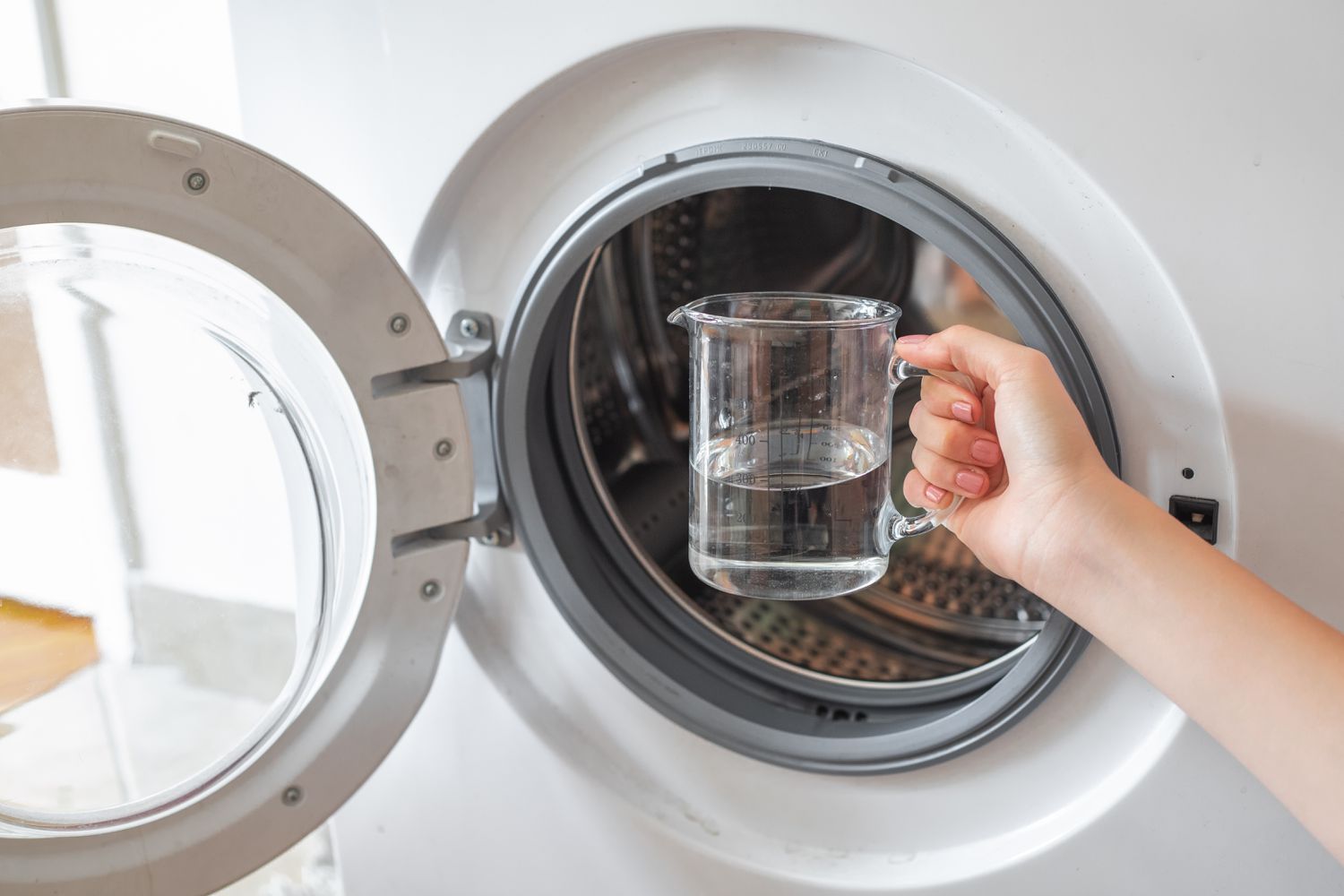
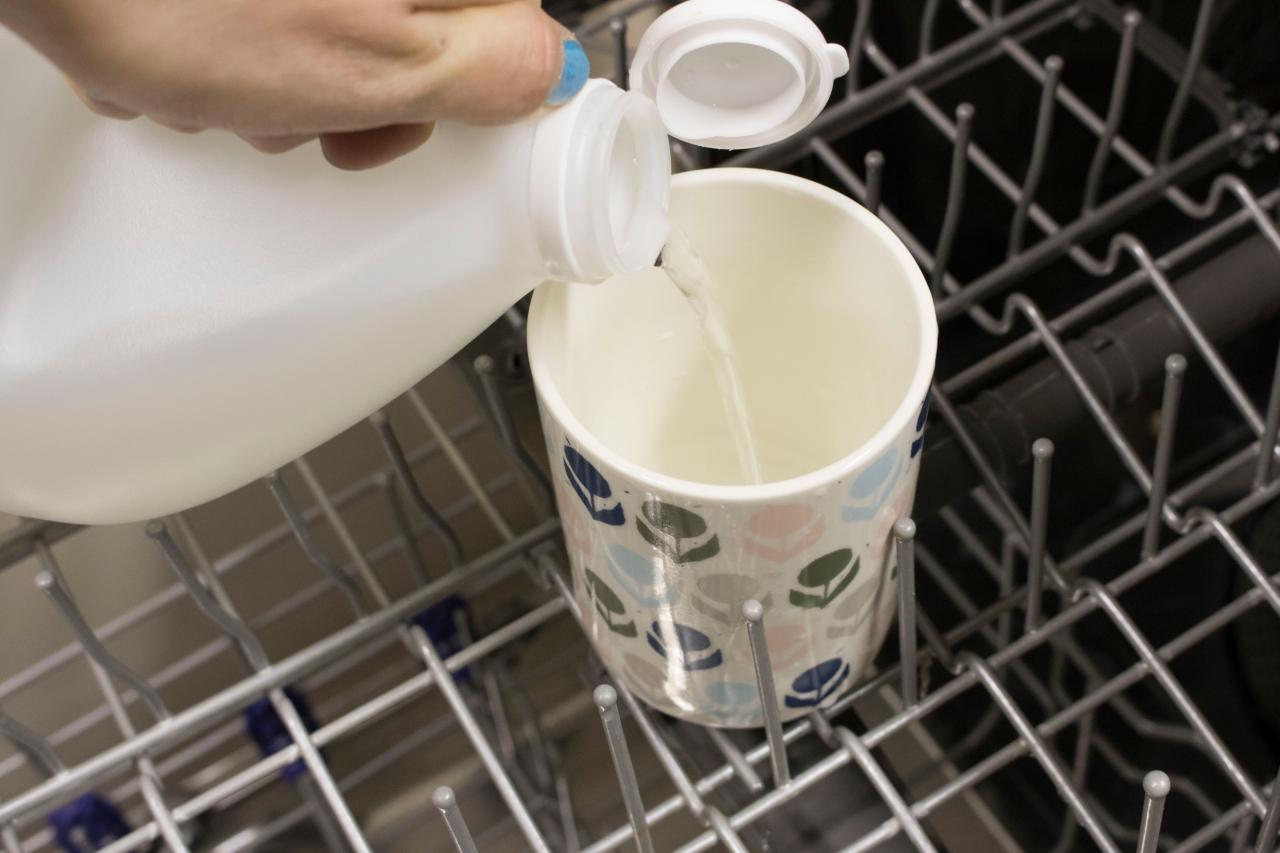
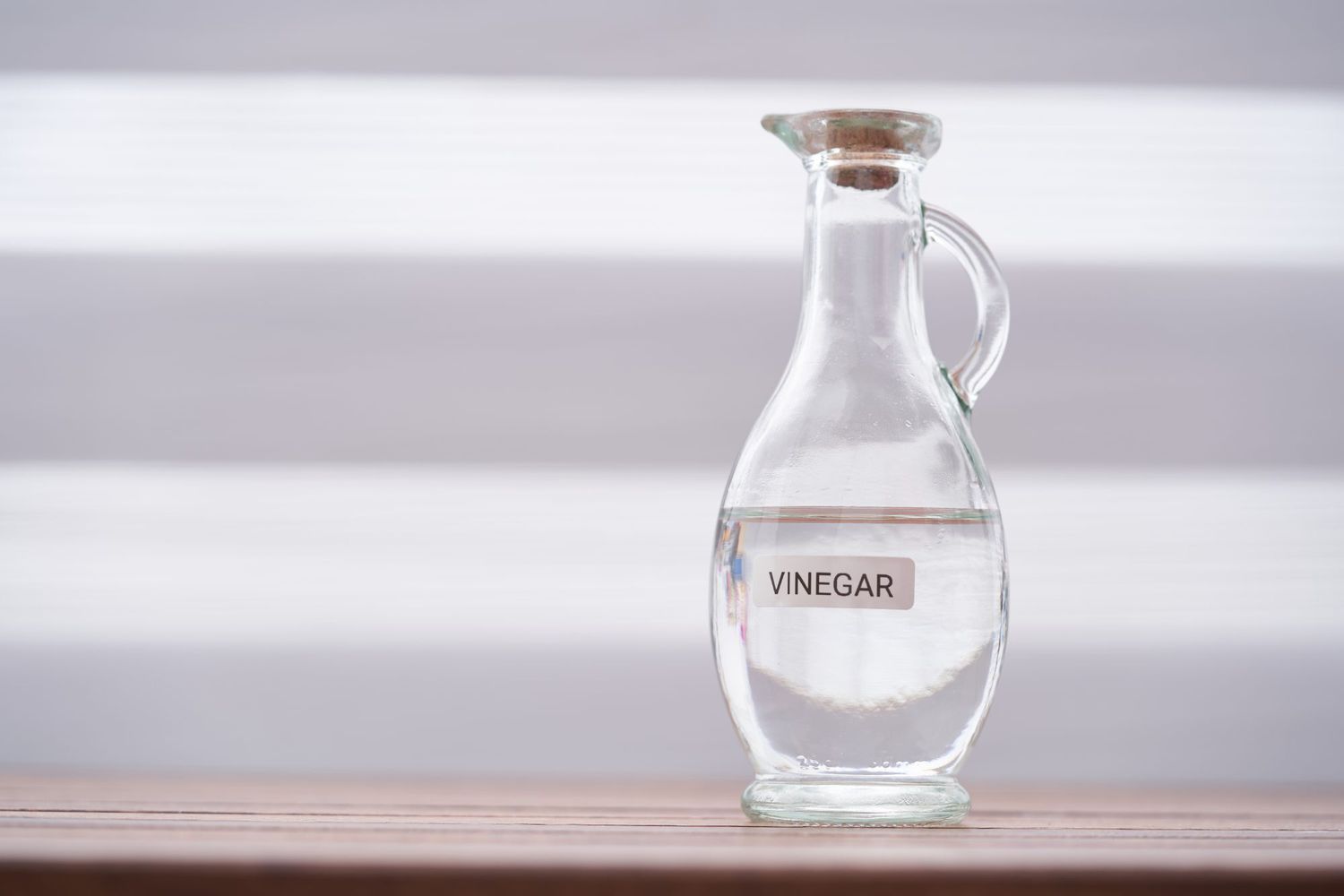
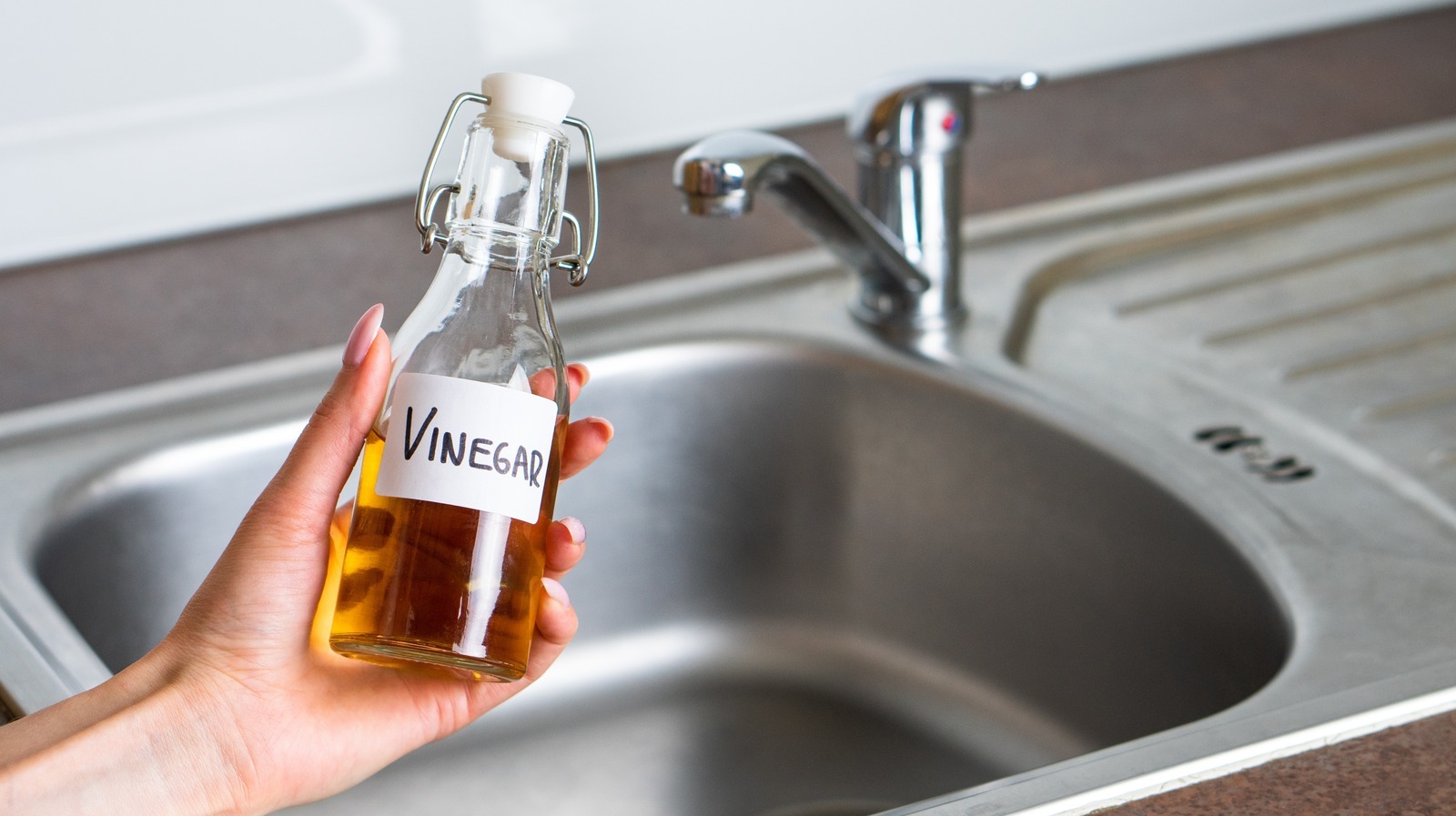
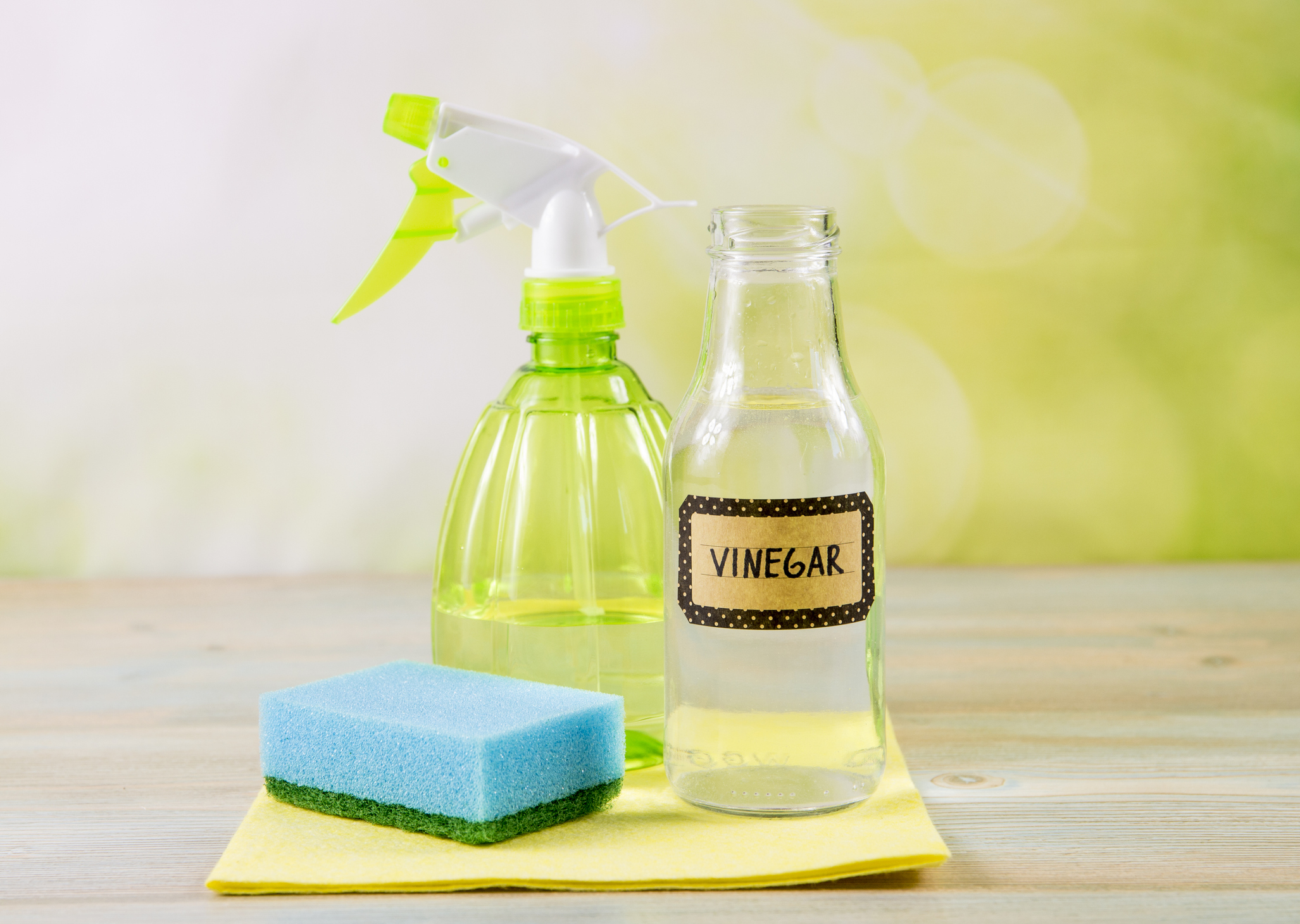
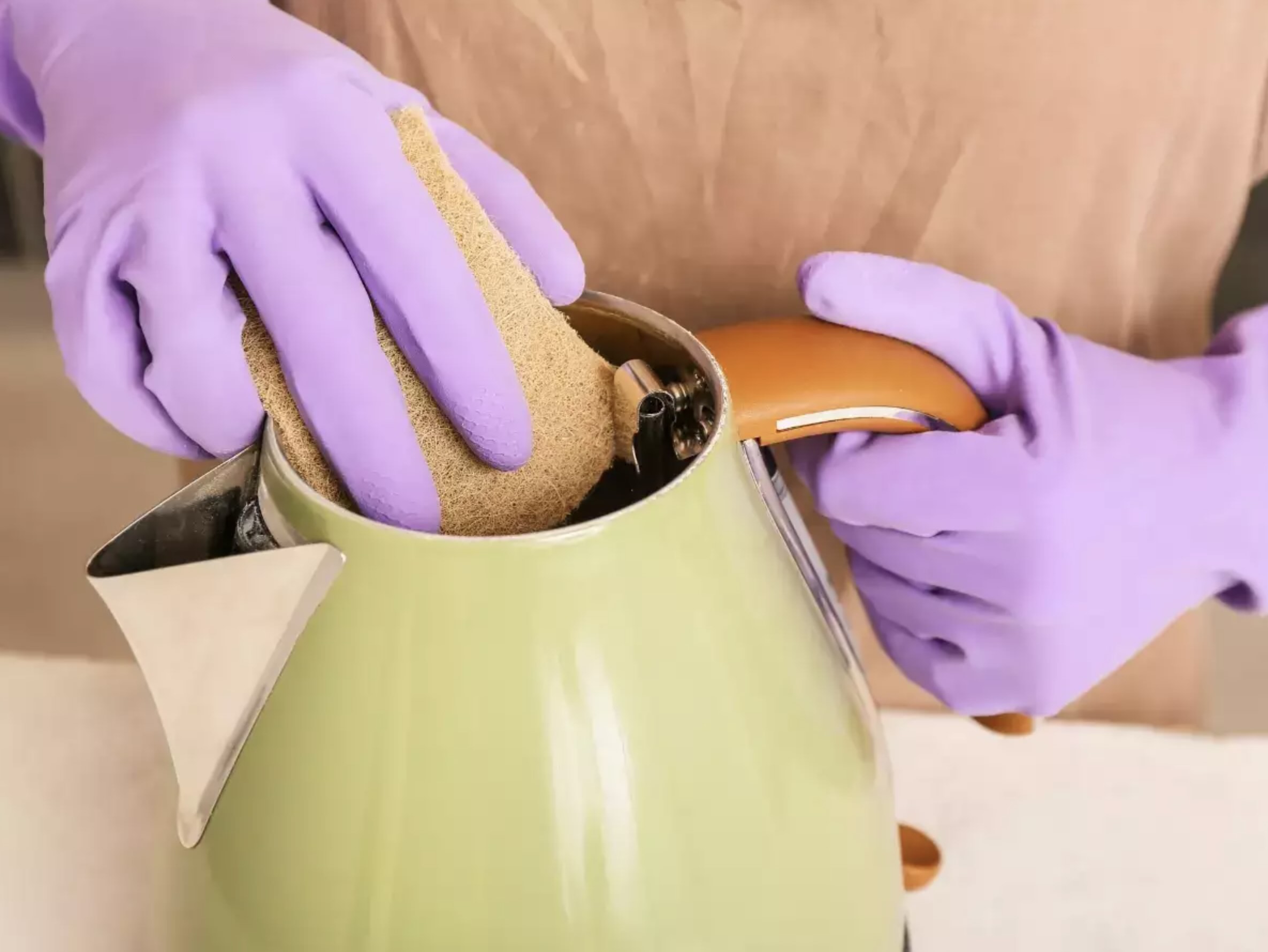
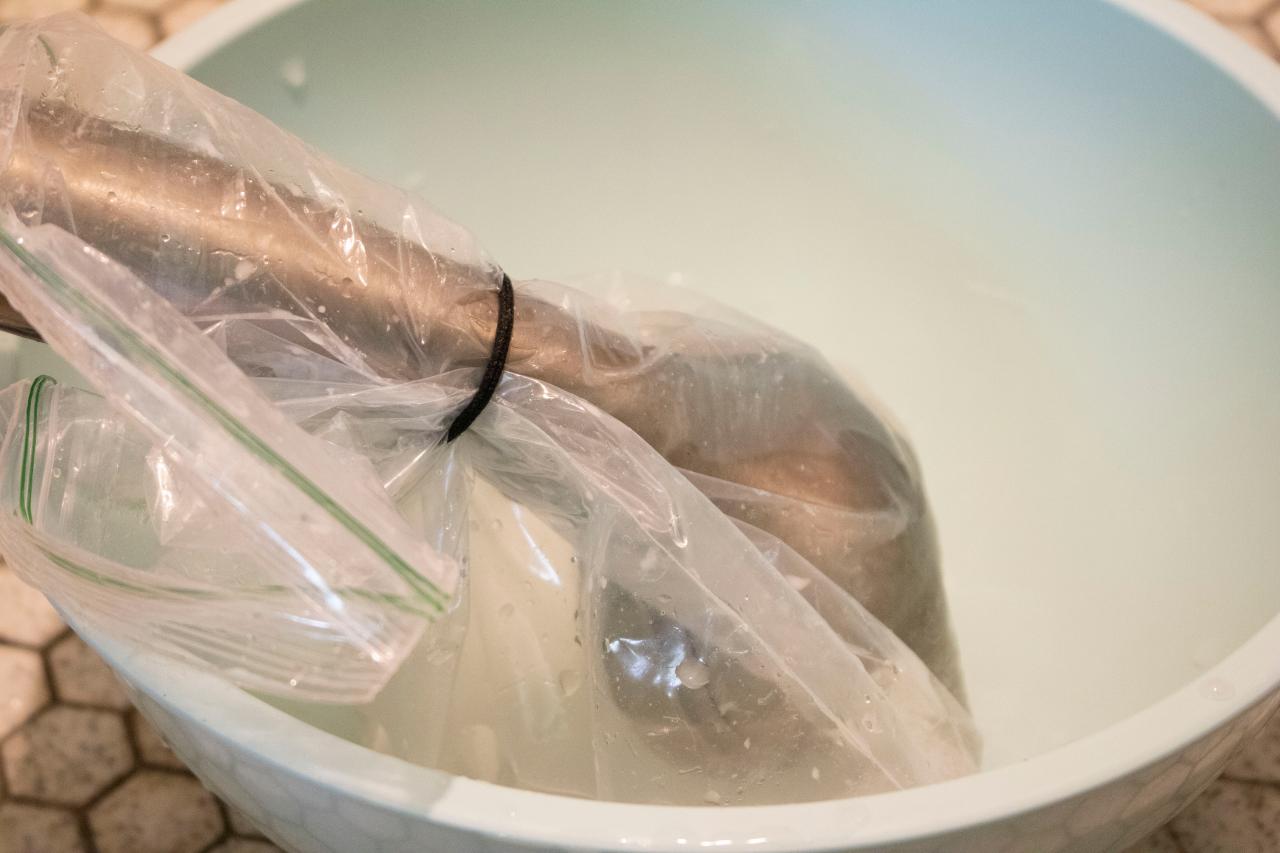
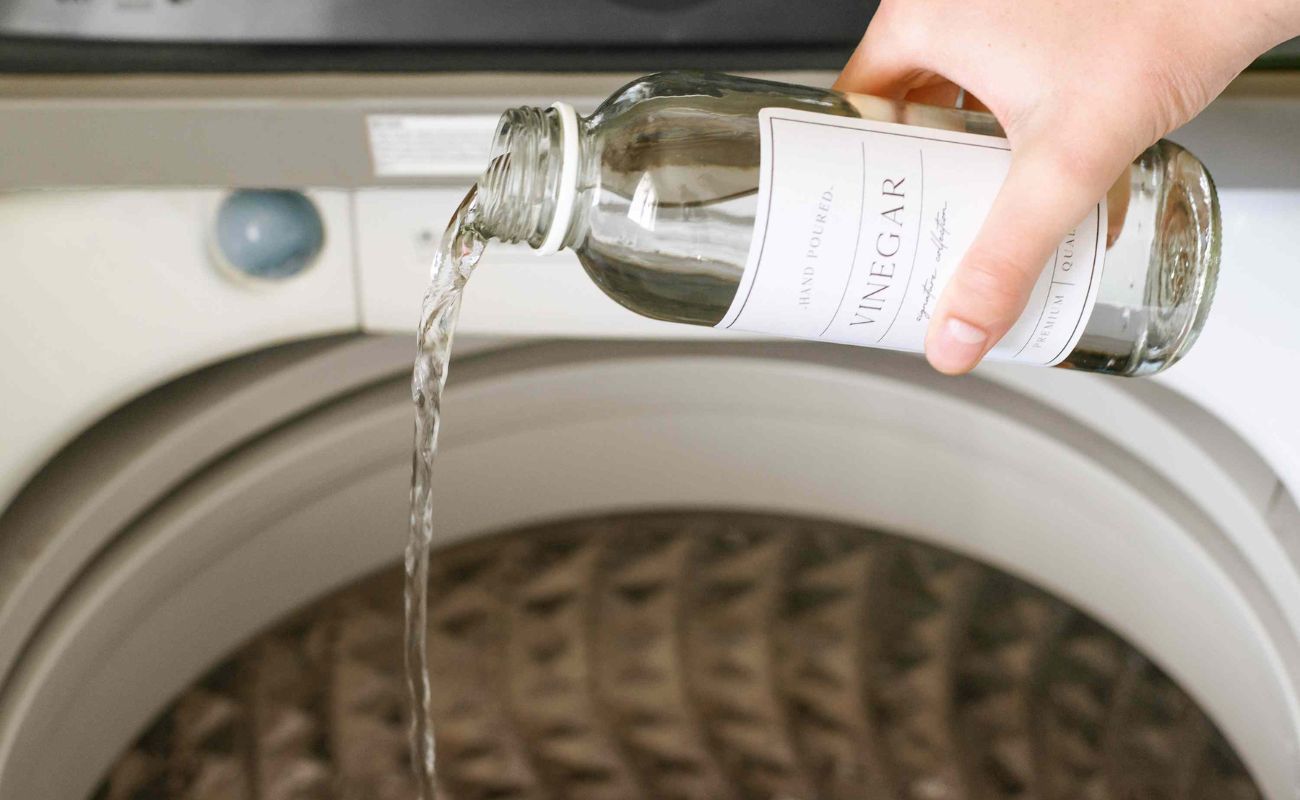
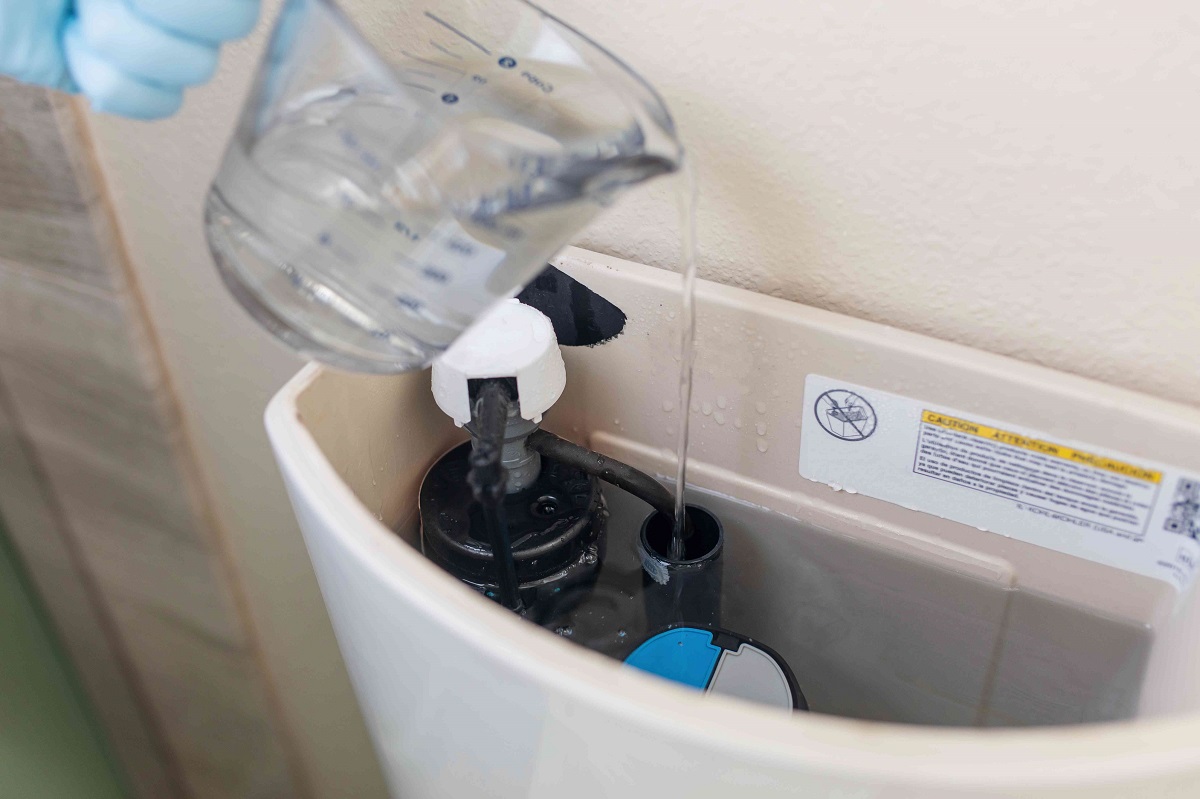
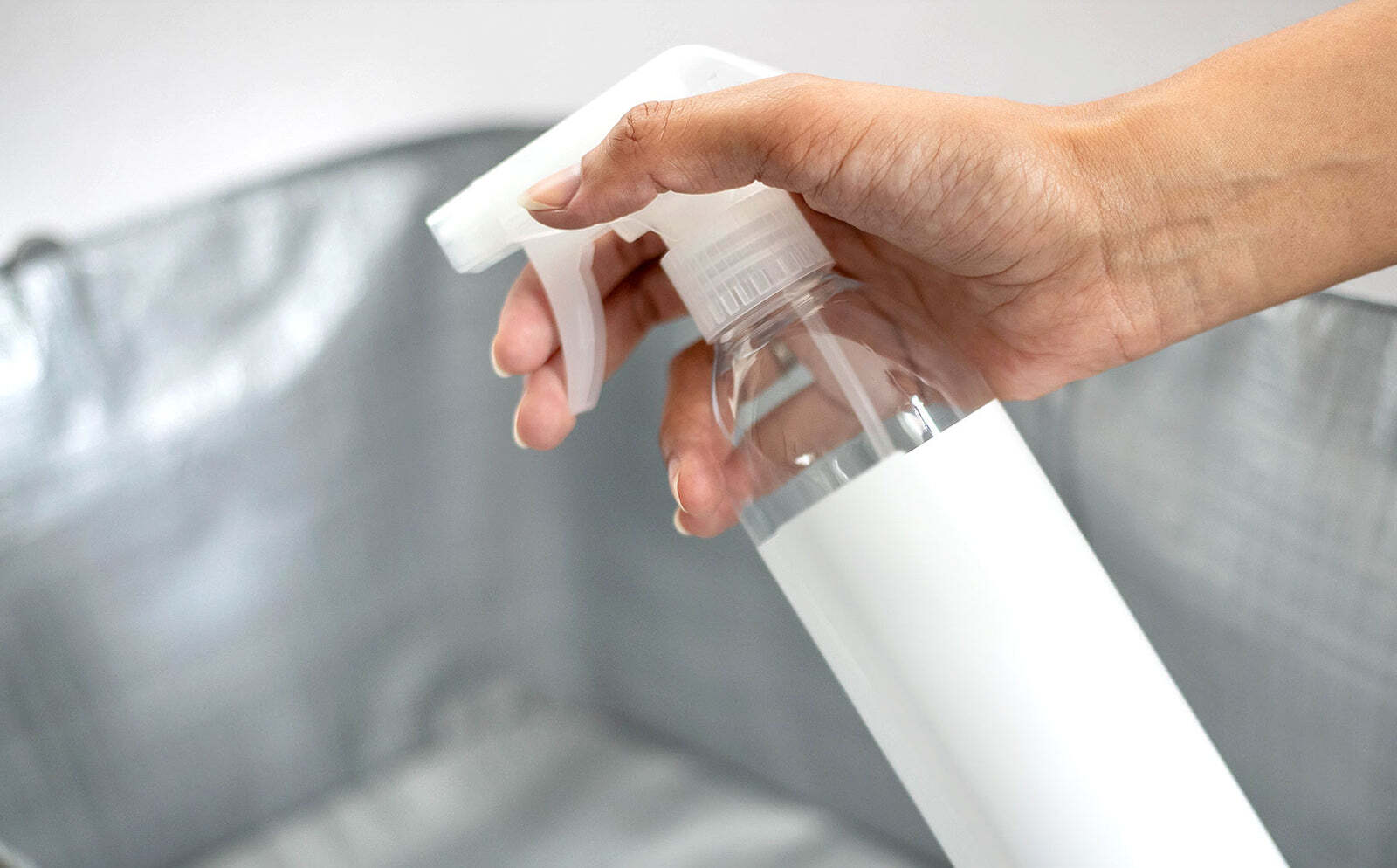
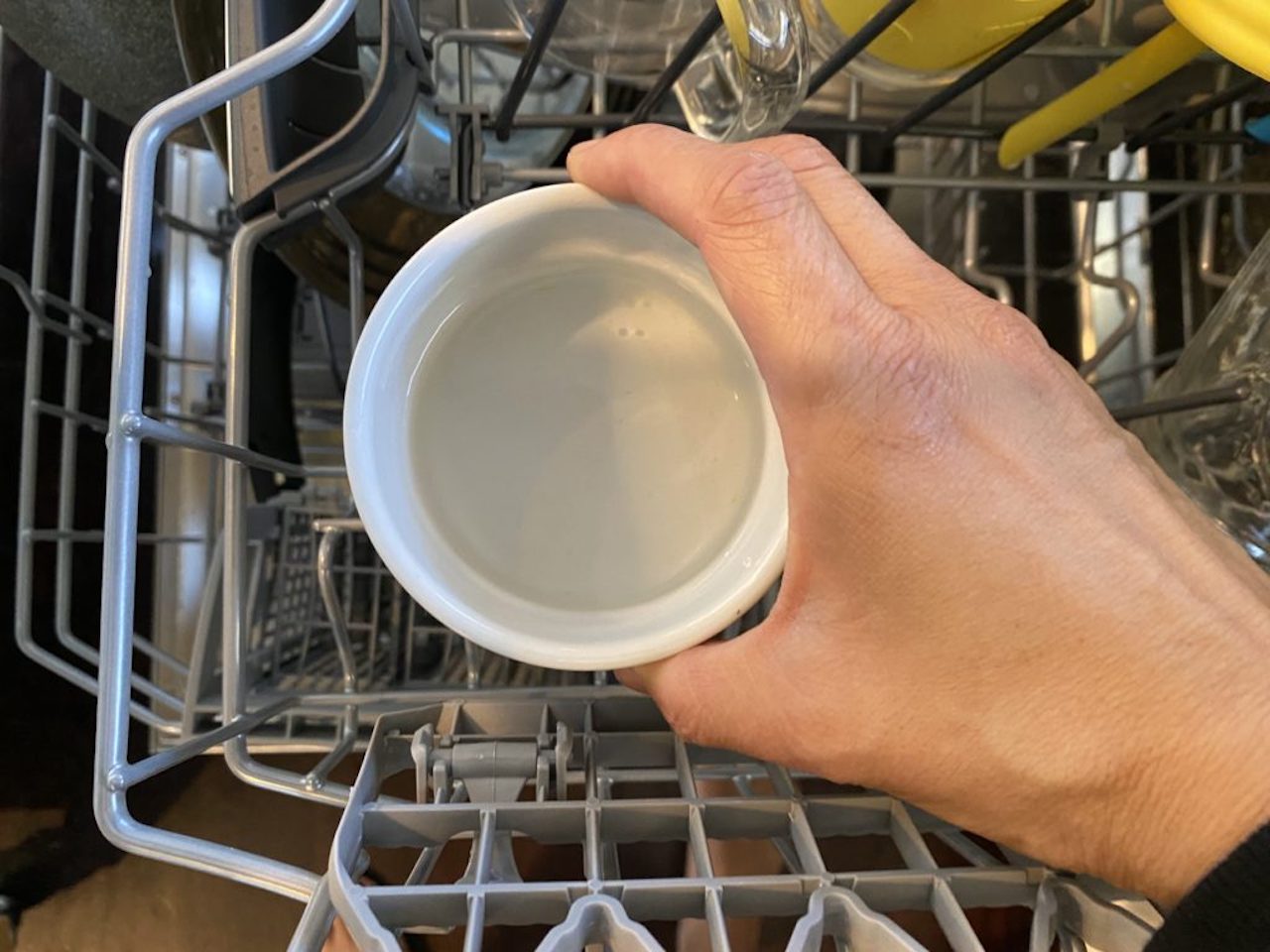
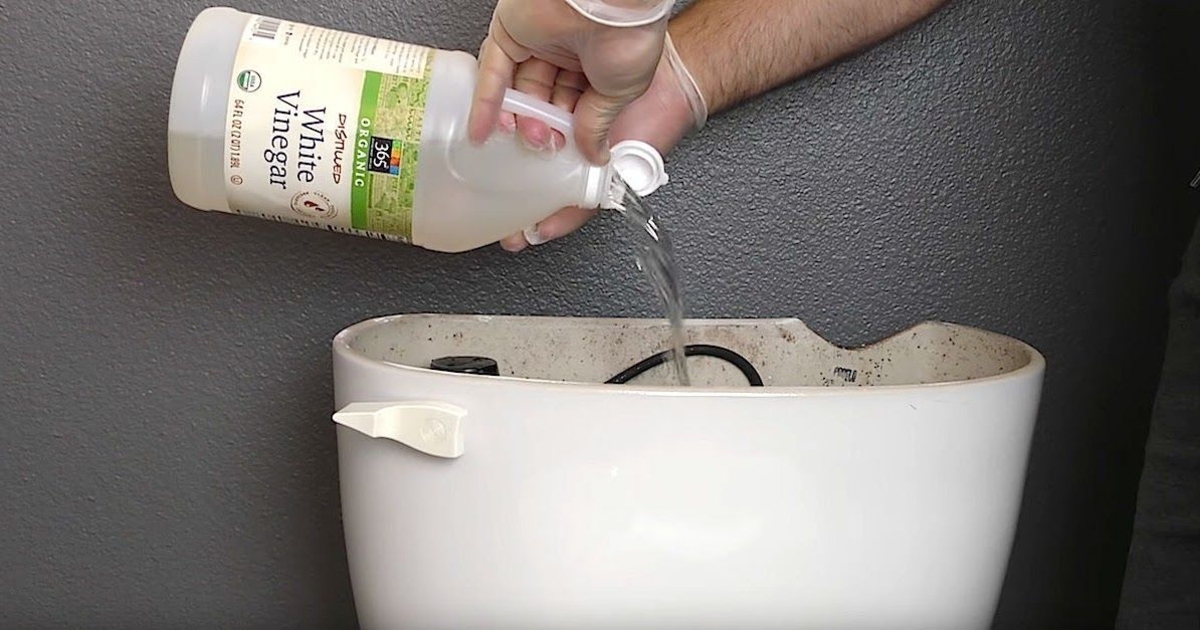
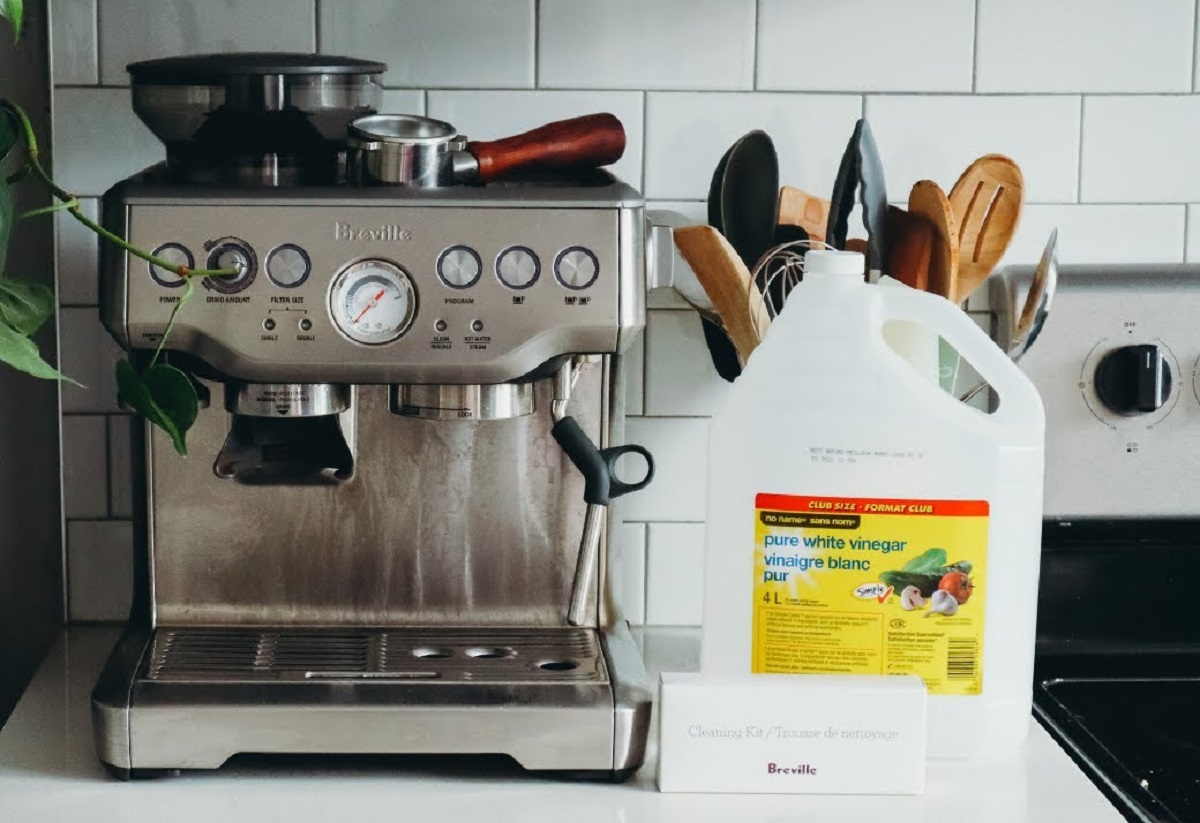

0 thoughts on “What Not To Clean With Vinegar: 10 Items It Can Harm”